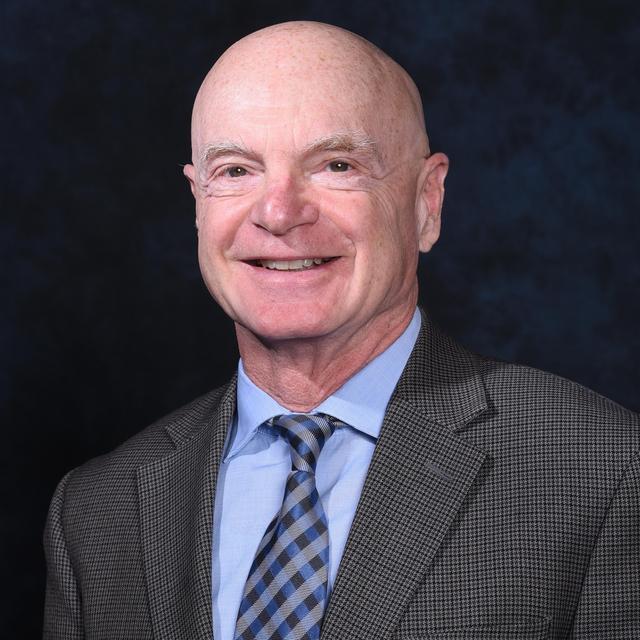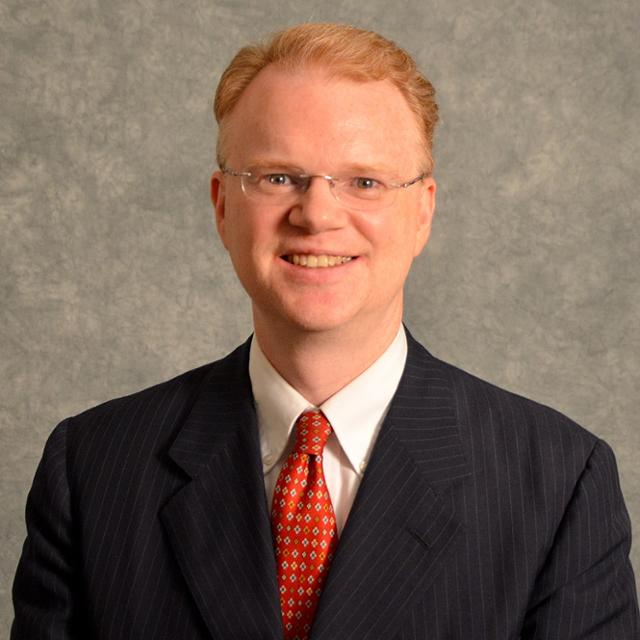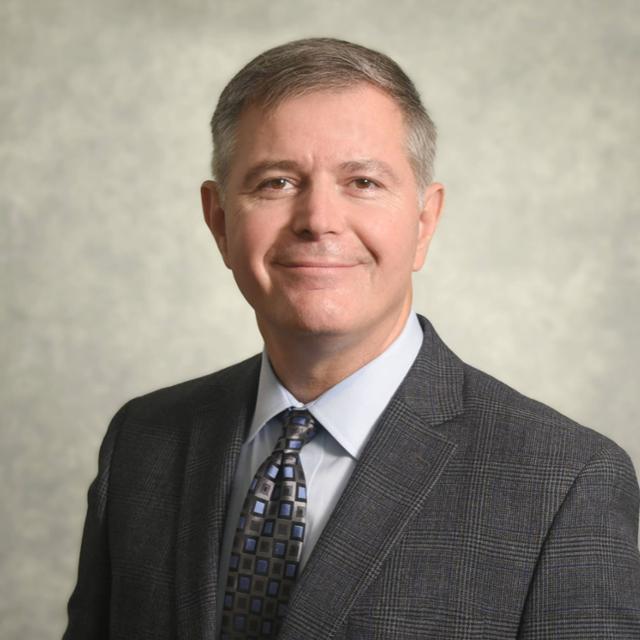Politics affects and informs every aspect of life. As a political science major, you'll study the ways in which power is distributed and used in society, both nationally and globally. You’ll discover how wars start, democracies work, politicians legislate and people vote—not only in the U.S. but around the world. You’ll learn how everyday issues—such as our right to free speech, access to healthcare and the burden of taxation—are greatly determined by politics at home and abroad.
As a political science major, you’ll do more than study politics—you’ll participate in politics. From dynamic internships in political offices, law firms, public interest groups and major corporations, to classes in which you work with immigrant communities, to individualized mentorship from experienced and caring faculty, our program prepares you to contribute to national and international politics.
What you’ll explore
As a political science, you’ll develop a deep understanding of how power shapes our lives and the global community in the following areas:
- Political systems and governance structures: You'll study various forms of government, including democracies and authoritarian regimes, and how they function.
- Political behavior and attitudes: You'll learn about citizens' attitudes toward political issues, their voting behavior and how their beliefs shape their decisions and actions.
- Political ideologies: You'll study political ideologies—such as conservatism, liberalism and socialism—and their impact on the development and functioning of political systems.
- Political economy: You'll explore the intersection of political and economic systems, including the role of markets, trade and regulation in shaping the distribution of resources and wealth.
- International relations: You'll study how nations interact with each other, peacefully and conflictually, and the role of international organizations such as the United Nations in shaping global politics.
- Public policy: You'll examine the processes by which public policies are developed and implemented, including the role of interest groups, lobbying and advocacy.
Opportunities for Immersion
The Department of Political Science is the ideal home for students interested in politics, international affairs and important issues like health care, the environment and civil rights. You’ll study political theory and debate how power and resources should be allocated in society, and you can take advantage of the following opportunities:
- One-on-one mentorship with award-winning faculty
- International study abroad
- An accelerated 3-3 program with the Thomas C. Kline School of Law School
- An early admissions program with the University of Pittsburgh Graduate School of Public and International Affairs.
Explore more at our page dedicated to student opportunities.
Meet Our Faculty






